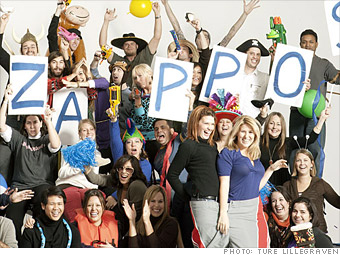
Vertu is a maker of luxury mobile phones that cost from $6,000 to $12,000. It features sapphire crystal faces, and titanium, gold or platinum bodies. Some don’t think it makes any sense to either make or purchase such an expensive phone. An increase, however, has been witnessed of the sales of Vertu recently.
Why did that happen? I think the main reason is that Vertu started using the latest version of Android: 4.2. I admit that not a lot of people would want an old Vertu with gaudy appearance but dumb functions. However, today, by using Android 4.2 to strengthen its POP, its POD(luxurious appearance) finally differentiates itself from other smartphones and improves its sales. Vertu used to be seen as uncompetitive not because of its luxurious appearance but the lack of functions. By contract, its luxury has always been and will be a strong point.
As Vertu’s chief executive officer, Massimiliano Pogliani said “There are people who appreciate certain things, and there are people who do not. And if you do appreciate this sort of thing, and you can afford it, then it’s your choice how you spend your money.”
http://www.blogcdn.com/www.engadget.com/media/2013/02/vertu-ti-official.jpg
http://www.engadget.com/2013/02/12/vertus-first-android-smartphone-will-cost-7-900-euros/







 People are living in an era when the Internet has revolutionized their lives. A lot of people believe that whether a company can analyze and use data in a right way will determine whether it can success or not. Viktor Mayer-Schonberger, the author of “ Big Data” says :“it is better to have more data than clean data.” To be more specific, everyone knows that it is easier to classify and use data when it is in a smaller group. Today, however, there is an explosion of all kinds of information which makes it extremely hard to find “clean” data.
People are living in an era when the Internet has revolutionized their lives. A lot of people believe that whether a company can analyze and use data in a right way will determine whether it can success or not. Viktor Mayer-Schonberger, the author of “ Big Data” says :“it is better to have more data than clean data.” To be more specific, everyone knows that it is easier to classify and use data when it is in a smaller group. Today, however, there is an explosion of all kinds of information which makes it extremely hard to find “clean” data. In the last few years, e-commerce has caused a huge threat to traditional commerce, especially for those retailers who own small businesses.By September 30th, 2013, the financing value of Taobao (the biggest online shopping market in Asia-Pacific center) has become more than 1,200 million dollars.
In the last few years, e-commerce has caused a huge threat to traditional commerce, especially for those retailers who own small businesses.By September 30th, 2013, the financing value of Taobao (the biggest online shopping market in Asia-Pacific center) has become more than 1,200 million dollars. In this case, some people tend to think e-commerce might replace traditional one in a short run. However, consumers still need to shop in person since it is more trust-worthy and time-saving. Although with all those advantages, it remains hard for online shops to be regulated. Frauds and low-quality products tend to let people lose confidence of e-commerce. Consequently, in my opinion, E-commerce and traditional commerce can actually make more connections to both be in a win-win situation.
In this case, some people tend to think e-commerce might replace traditional one in a short run. However, consumers still need to shop in person since it is more trust-worthy and time-saving. Although with all those advantages, it remains hard for online shops to be regulated. Frauds and low-quality products tend to let people lose confidence of e-commerce. Consequently, in my opinion, E-commerce and traditional commerce can actually make more connections to both be in a win-win situation.